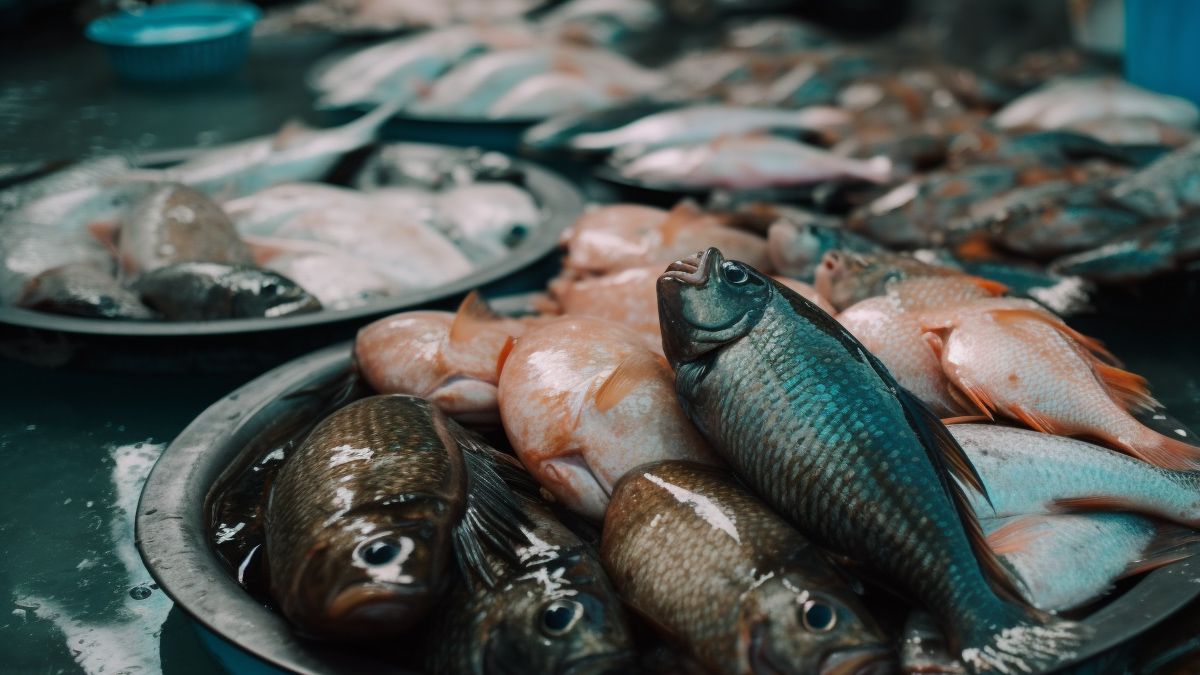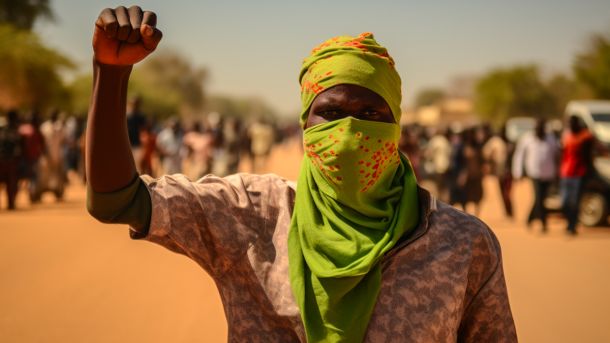China does not commit to UN initiative to study Asian wet markets

Advertisement
Four Asian nations – China, Thailand, Vietnam, and Laos – were initially chosen for the study by the scientific advisory committee of the program, named Security Across Asia for the Global Environment (SAFE), because they host several sites with risks of transmitting diseases from animals to humans, a UN representative said.
China hesitates to commit to the initiative
“China was initially in discussion to be part of the initiative,” said the representative, who preferred to remain anonymous because the information was considered sensitive. Discussions with China are ongoing, but the representative did not specify with which state institution the UN program is in talks.
China’s Ministry of Foreign Affairs and the country’s National Forestry and Grassland Administration (NFGA), which oversees wildlife management and participated in initial discussions with program organizers, did not respond to requests for comment.
Read also: Li Qiang, newly elected Chinese Prime Minister, faces economic challenges
Zoonotic risks still present
After a strain of coronavirus responsible for COVID-19 was first identified in the Chinese city of Wuhan in December 2019, many researchers suspected it had spread at a live animal market in the city. China has since banned the sale and consumption of wild animals for food purposes. Despite this ban, experts warn of persistent risks.
“There are glaring gaps in the restrictions that still pose a risk of zoonotic disease,” said Peter Li, a Chinese policy specialist for Humane Society International, a Washington-based non-profit organization.
He added that China still allows large-scale breeding of wild animals for the fur trade, traditional medicine, the pet trade, and for entertainment or display in poor welfare conditions.
The SAFE program and its objectives
The SAFE program aims to improve pandemic prevention and preparedness. Study results will only be shared with participating governments. About 40 sites in each participating country are to be studied to identify potential disease transmission risks.
Sites to be studied include restaurants, wet markets, biomedical supply facilities, zoos, and breeding facilities. Targeted wet markets are markets where wild animals are sold alongside fresh meats and vegetables.
Vietnam and Laos have not yet approved the studies. The UN representative expects both countries to give their official green light in the coming weeks or months. The Malaysian state of Sabah, on the island of Borneo, has authorized field visits.
The program, funded by the European Union and lasting until July 2024, could be expanded to involve the World Health Organization (WHO) if public health considerations are identified, said the first UN representative.
This article was written based on information provided by Reuters news agency here.
Advertisement
Read next in World

International Investors Demand Concrete Steps to Restore Confidence in Chinese Real Estate Industry

West African Countries Impose Sanctions on Niger Following Coup

Turkish currency collapses by 7%, reaching an unprecedented level






